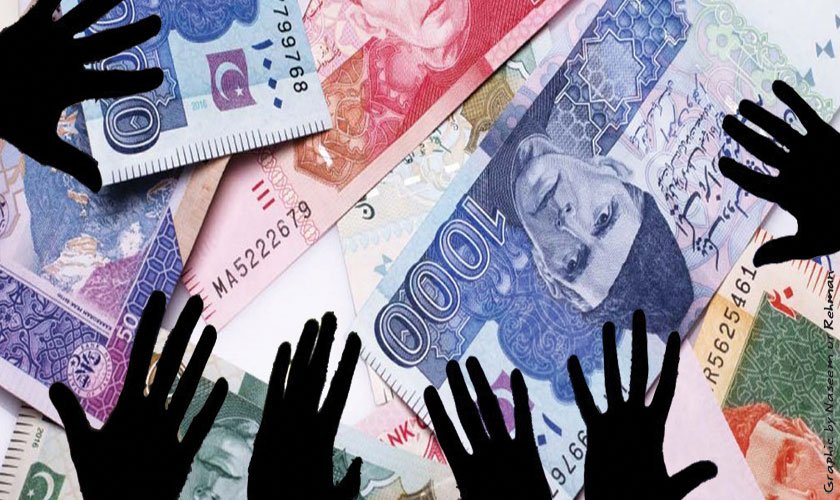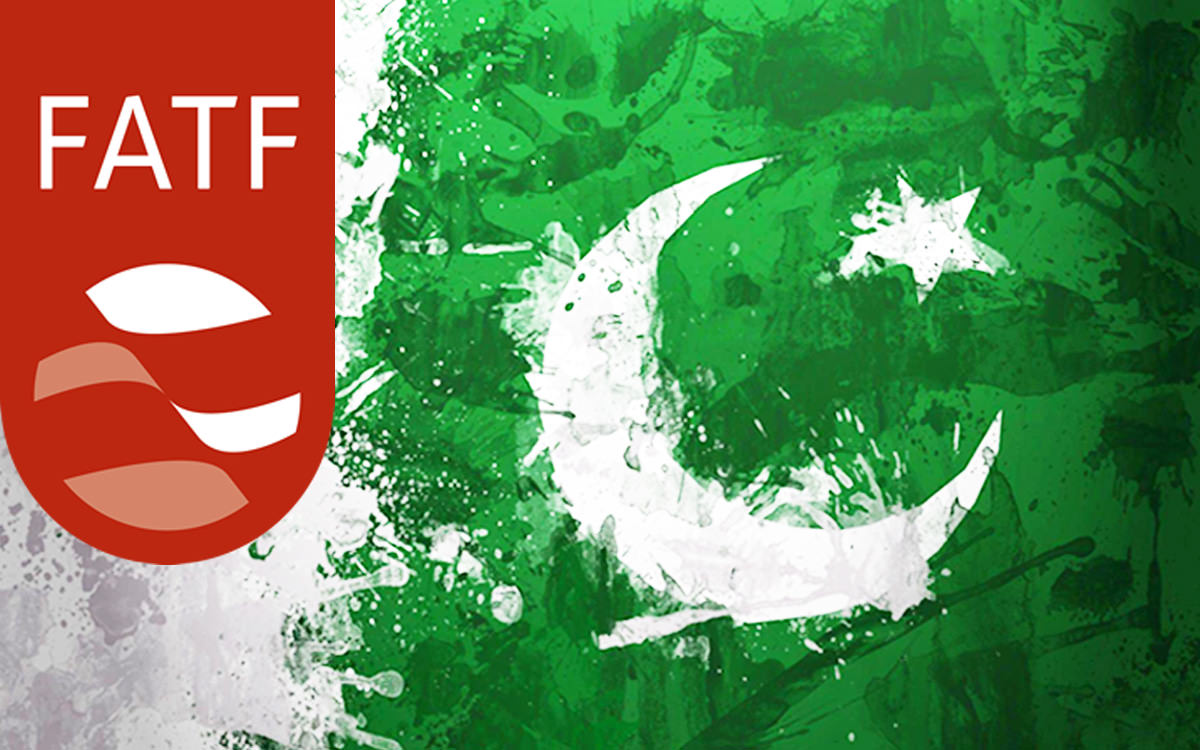Politics! cried the irate crowd. The recent announcement that Pakistan will remain on the Financial Action Task Force (FATF) Grey List was met with disdain and denial of ground realities. The FATF President, Dr. Marcus Pleyer was significantly diplomatic yet very clear when he said there were “serious deficiencies in mechanisms to plug terrorism financing”. Pakistani spokespersons immediately stepped up saying it was not the blacklist, which sounded great until we realized that we are still not in the clear. Another media take which was trending is that we had “largely addressed 24 out of the 27 action points”. A different viewpoint was that other countries had been taken off the list for delivering far less, given the exact conditions. However, to the world at large saying the international watchdog is not so important might be the foolhardy. Bitter is the harsh reality that we must address whether we like being, as we say “dictated to” or not.
The three factors which remain the bane of our current state-of-affairs are:
(1) demonstrating that TF (terrorism financing) investigations and prosecutions target persons and entities acting on behalf or at the direction of the designated persons or entities;
(2) demonstrating that TF prosecutions result in effective, proportionate and dissuasive sanctions; and
(3) demonstrating effective implementation of targeted financial sanctions against all 1267 and 1373 designated terrorists, specifically those acting for or on their behalf.
Perhaps the conversation that is missing is to highlight these points rather than hide them as we have done with many issues in the past. One of the few things that we also need to hear and realize is the direct messaging being repeated by western counterparts in convening sessions on Pakistan’s optics portrayed abroad. The key words spoken were that Pakistan has an opportunity to convey their narratives with ‘honesty’ and ‘transparency’. We can harp on about political reasons, which may be one factor why we have been retained on the grey list or just give the outside world the deliverables they want.
In this case, I would agree with Michael Kugelman (Deputy Director of the Asia Program and Senior Associate, South Asia, Wilson Centre) where he said regarding Pakistan, “With just a few items left on its Action Plan to complete, it could come off the list at the group’s next plenary. But that will require tough steps, such as more robust Pakistani efforts to sanction UN-designated terrorists”.
The three vital points have supposedly caused an economic constraint of billions (some reports approximate the amount of $38 Billion). Being retained on the Grey List will certainly result in a lack of confidence in terms of foreign investments and even a reluctance on local financing on development projects. Those focusing on economic security will certainly need to convince policymakers to do the needful. Pakistan gets till the next plenary in June 2021 to complete the action points. We will need to strategize more than just our optics. The transparency will be in prosecuting those who have been declared terrorists as well as following up vigilantly on any terror financing channels in order to block them permanently. The directors of our western allies will demand to be appeased as they are the world leaders. Any future decision making as far as maintaining global peace will come through their lens not ours. It is not just getting out of that doghouse, even after we get off the list, there needs to be a strategy to maintain a permanent position thereon.

The media has done well to highlight our optics and many a time accurately so in the case of our success rate. We certainly needed the boost. There have also been practical steps taken i.e. buckling down on the taxation system, accountability courts, financial checks on the population and certainly the most welcoming news is the increase in the foreign trade. However, the optics at this point will be asked to match the International mandates as well. Pakistan has been known previously to have weak follow ups with following directives. This coupled with incongruencies in the domestic financial environment has resulted in a lack of faith in our reforms. Purportedly, there is accountability-hype in the media. But we all understand that accountability has never matched ruling judgement with exacting punishment.
To reconcile with the outside world and insert our narrative better would require actionable events. This would be for any ruling party or government, now or in the future. Even if this seems like a case of ‘politics’, Pakistan will still need to focus their efforts in complying with the remaining points. Will we do the needful before a further backslide takes place?
(This Article has been printed in daily times)




